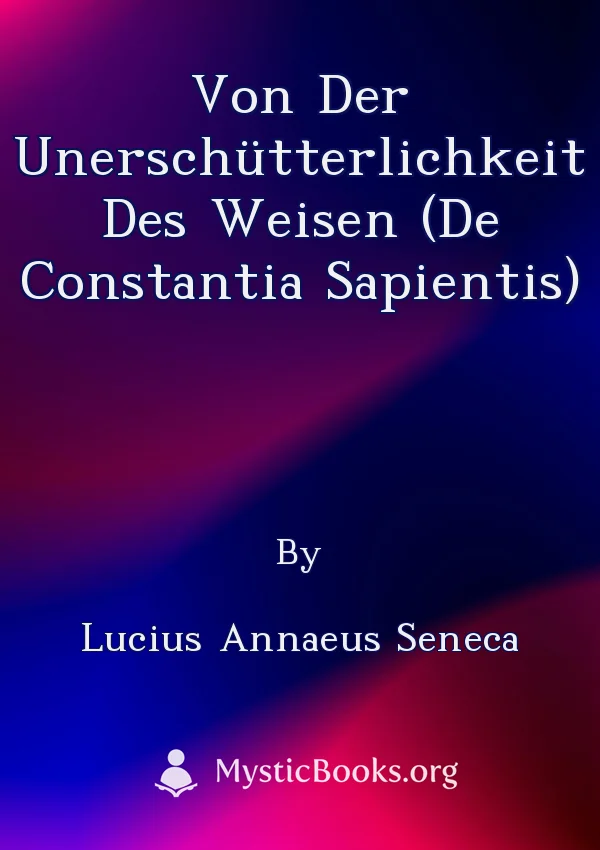
Von der Unerschütterlichkeit des Weisen (De Constantia Sapientis)
'Von der Unerschütterlichkeit des Weisen (De Constantia Sapientis)' Summary
Senecas "Von der Unerschütterlichkeit des Weisen (De Constantia Sapientis)" ist eine Abhandlung über stoische Weisheit und ihre Bedeutung für ein Leben in Gelassenheit und innerer Stärke. Seneca argumentiert, dass wahre Weisheit nicht in der Vermeidung von Widrigkeiten liegt, sondern in der Fähigkeit, ungerührt von äußeren Ereignissen zu bleiben. Der Weise verfügt über eine innere Stärke, die ihn widerstandsfähig gegenüber Rückschlägen macht. Er kann mit den Herausforderungen des Lebens umgehen, ohne von ihnen verzehrt zu werden. Seneca betrachtet die stoische Philosophie als eine Art Leitfaden für ein erfülltes und glückliches Leben. Er unterstreicht die Wichtigkeit von Vernunft, Selbstbeherrschung und dem Verständnis, dass wir nur über das kontrollieren können, was in unserer Macht liegt. Die Werke von Seneca zeichnen sich durch ihre klare und prägnante Sprache aus, die sich auch heute noch auf uns auswirkt. "Von der Unerschütterlichkeit des Weisen" ist ein zeitloser Text, der uns ermutigt, uns auf unser inneres Selbst zu besinnen und in allen Lebenslagen innere Ruhe zu finden.Book Details
Language
GermanOriginal Language
Published In
Genre/Category
Tags/Keywords
Download eBooks
Listen/Download Audiobook
- Select Speed
Related books

On Virginity by Gregory of Nyssa
On Virginity is a classic work of Christian literature by Gregory of Nyssa, written around 370 AD. The book is addressed to young women who are consid...

Selections from the Speeches and Writings of Edmund Burke by Edmund Burke
This book presents a selection of speeches and writings by Edmund Burke, a prominent British statesman and philosopher. The work delves into Burke's p...
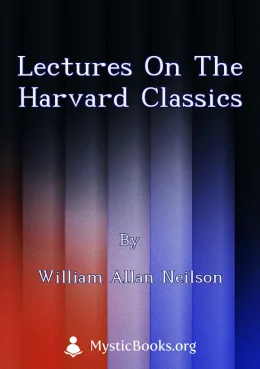
Lectures on the Harvard Classics by William Allan Neilson
This book is a series of lectures on the contents of The Harvard Classics, a collection of literary materials compiled by Charles William Eliot. The l...
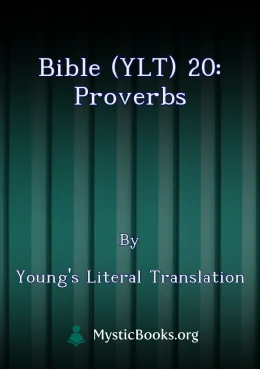
Bible (YLT) 20: Proverbs by Young's Literal Translation
The Book of Proverbs, presented in Young's Literal Translation, offers a collection of concise sayings and observations designed to impart wisdom and...
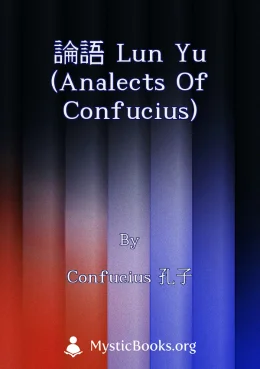
論語 Lun Yu (Analects of Confucius) by Confucius 孔子
孔子(公元前551年9月28日-前479年),子姓孔氏,名丘,字仲尼,鲁(今中國山东曲阜)人,中国春秋末期的思想家和教育家。孔子是中华文化中的核心学说儒家的首...

Mental Efficiency by Arnold Bennett
Mental Efficiency by Arnold Bennett is a collection of essays that offer practical advice on how to improve your mental abilities and live a more prod...
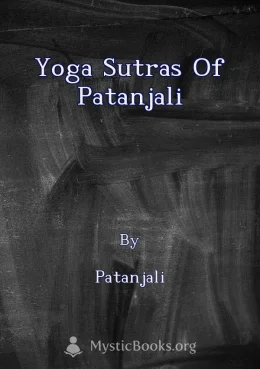
Yoga Sutras of Patanjali by Patanjali
The Yoga Sutras of Patanjali is a foundational text in yoga philosophy, offering a comprehensive guide to achieving spiritual liberation through the c...
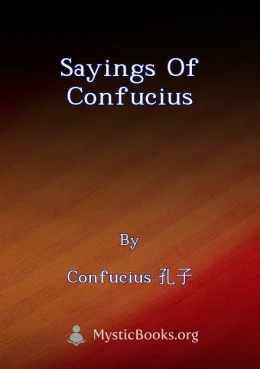
Sayings of Confucius by Confucius 孔子
Promoting virtues such as filial devotion, compassion, loyalty, and propriety, these dialogues between the ancient Chinese philosopher Confucius and h...
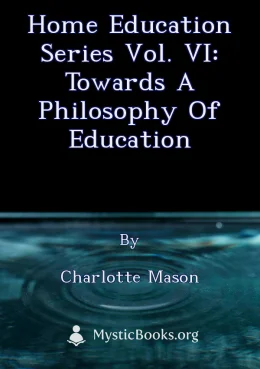
Home Education Series Vol. VI: Towards A Philosophy of Education by Charlotte Mason
This book, part of the renowned Home Education Series, delves into Charlotte Mason's philosophy of education. It outlines her vision for a liberal edu...
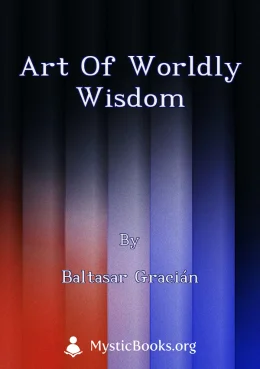
Art of Worldly Wisdom by Baltasar Gracián
The Art of Worldly Wisdom is a collection of 300 insightful maxims written by Baltasar Gracián, a Spanish Jesuit priest, in the 17th century. Gracián'...
Reviews for Von der Unerschütterlichkeit des Weisen (De Constantia Sapientis)
No reviews posted or approved, yet...